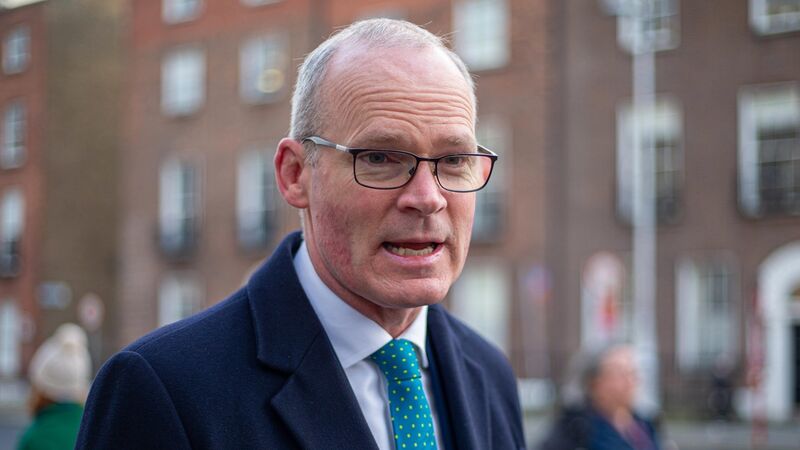Government ministers hail record employment numbers amid cost-of-living crisis

Enterprise Minister Simon Coveney said January unemployment at 4.4% was "incredible", amid fears about the fallout from the pandemic, Brexit, and the war in Ukraine.
Government ministers have hailed jobs data showing a record number of 2.57 million people were in employment as further proof of the resilience of the Irish economy despite many households still facing a cost-of-living crisis and recent fears of a jobs shake-out by the the multinationals.
The figures from the Central Statistics Office also showed that unemployment at the end of the year was running at its lowest level for 21 years, suggesting the economy was at full employment, and potentially signalling further difficulties for employers seeking to hire staff.














